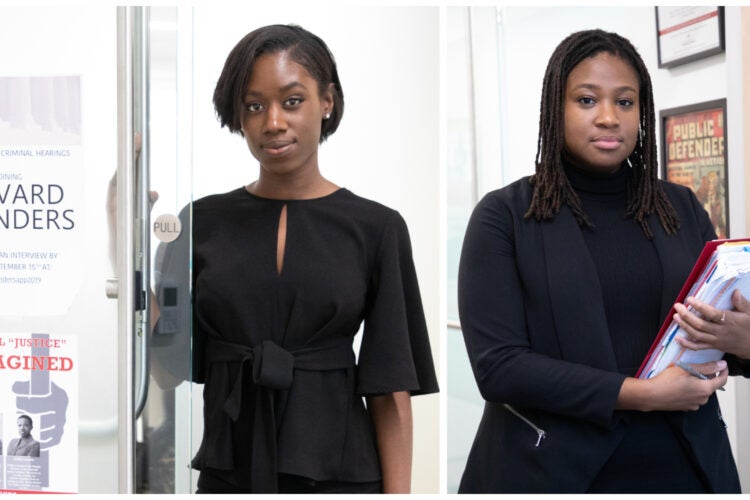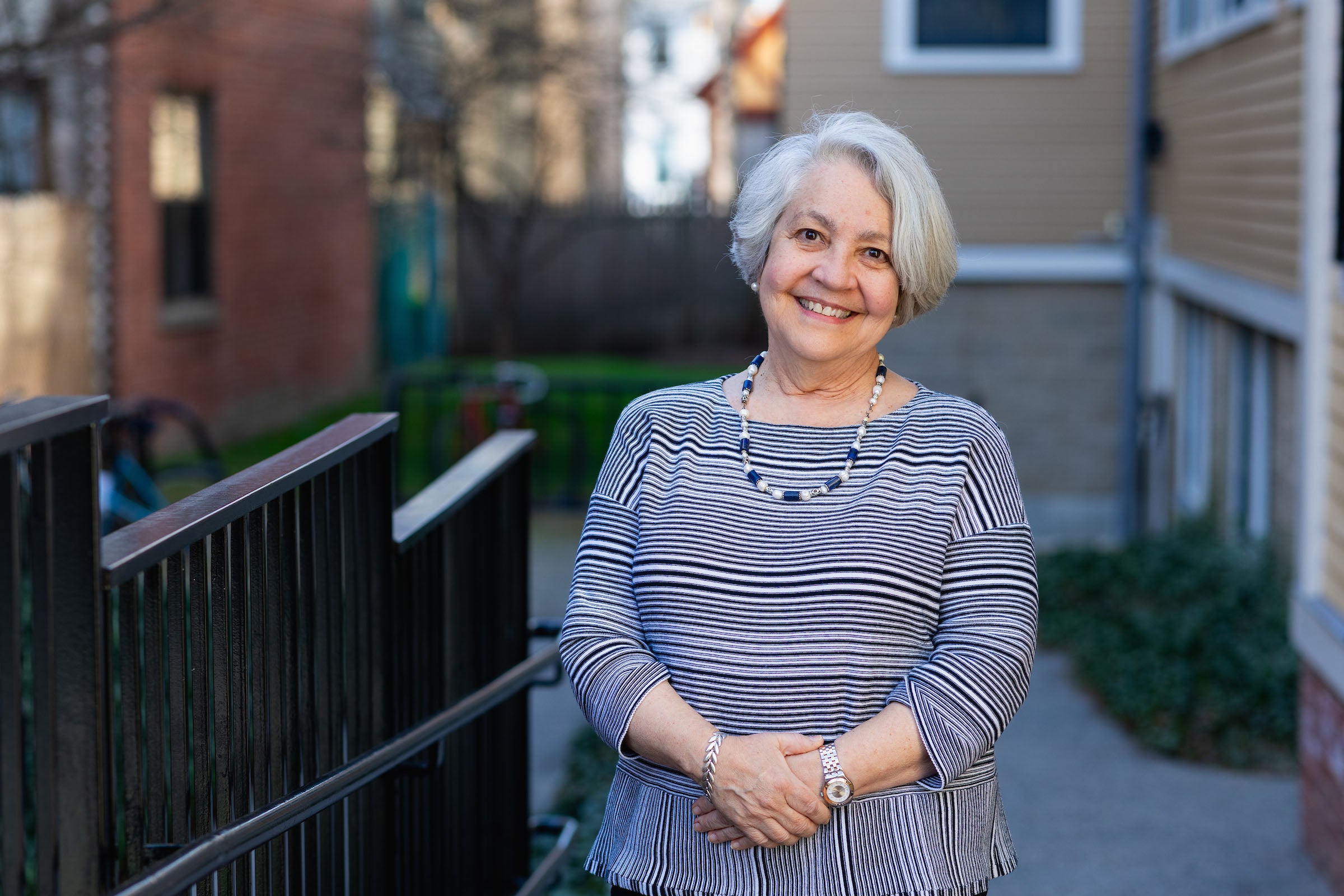
‘She raised us all as future legal aid lawyers’
Susana Arteta, administrative director of the Harvard Legal Aid Bureau, retires after 22 years of service as an HLAB mentor, confidant, historian, and beloved colleague.
April 23, 2024
Office of Clinical and Pro Bono Programs (OCP)
Wasserstein Hall, Suite 3085
6 Everett Street
Cambridge, MA 02138
Clinics give students hands-on legal experience under the supervision of attorneys. With clinical placements in-house and at organizations across the country, and the opportunity for students to create their own independent placements, HLS students participate in more clinical placements than any law school in the world.
Clinics are open to 2L, 3L, and LL.M. students. Each clinic is tied to a classroom component: students receive clinical credit for their legal practice in clinics and academic credit for the course component. In addition, most clinics allow students to fulfill HLS’s 50 hours pro bono graduation requirement.

Susana Arteta, administrative director of the Harvard Legal Aid Bureau, retires after 22 years of service as an HLAB mentor, confidant, historian, and beloved colleague.
April 23, 2024
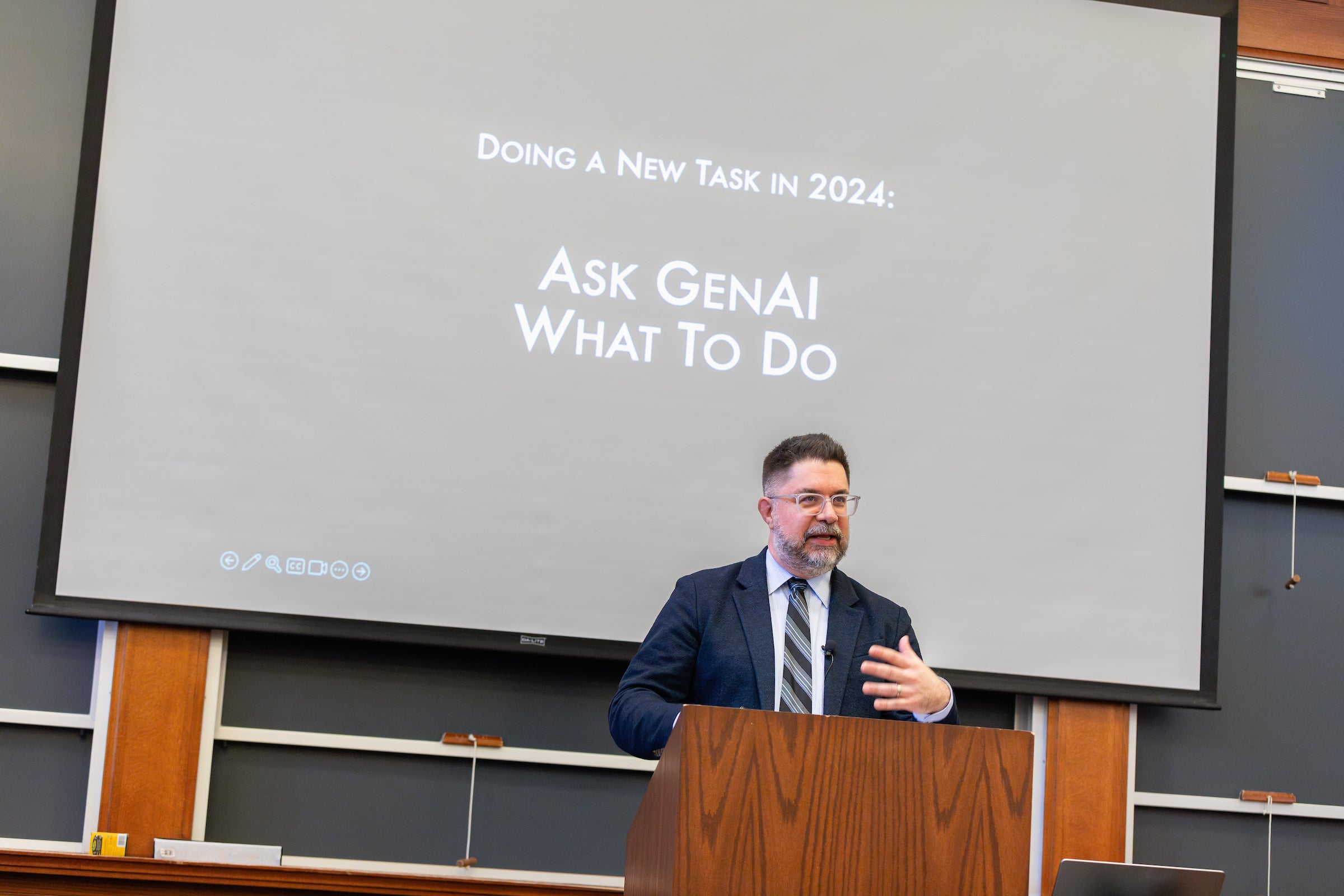
Harvard Law expert Christopher Bavitz focused on the potential perils and possibilities of generative AI in a Last Lecture to the graduating class.
April 23, 2024
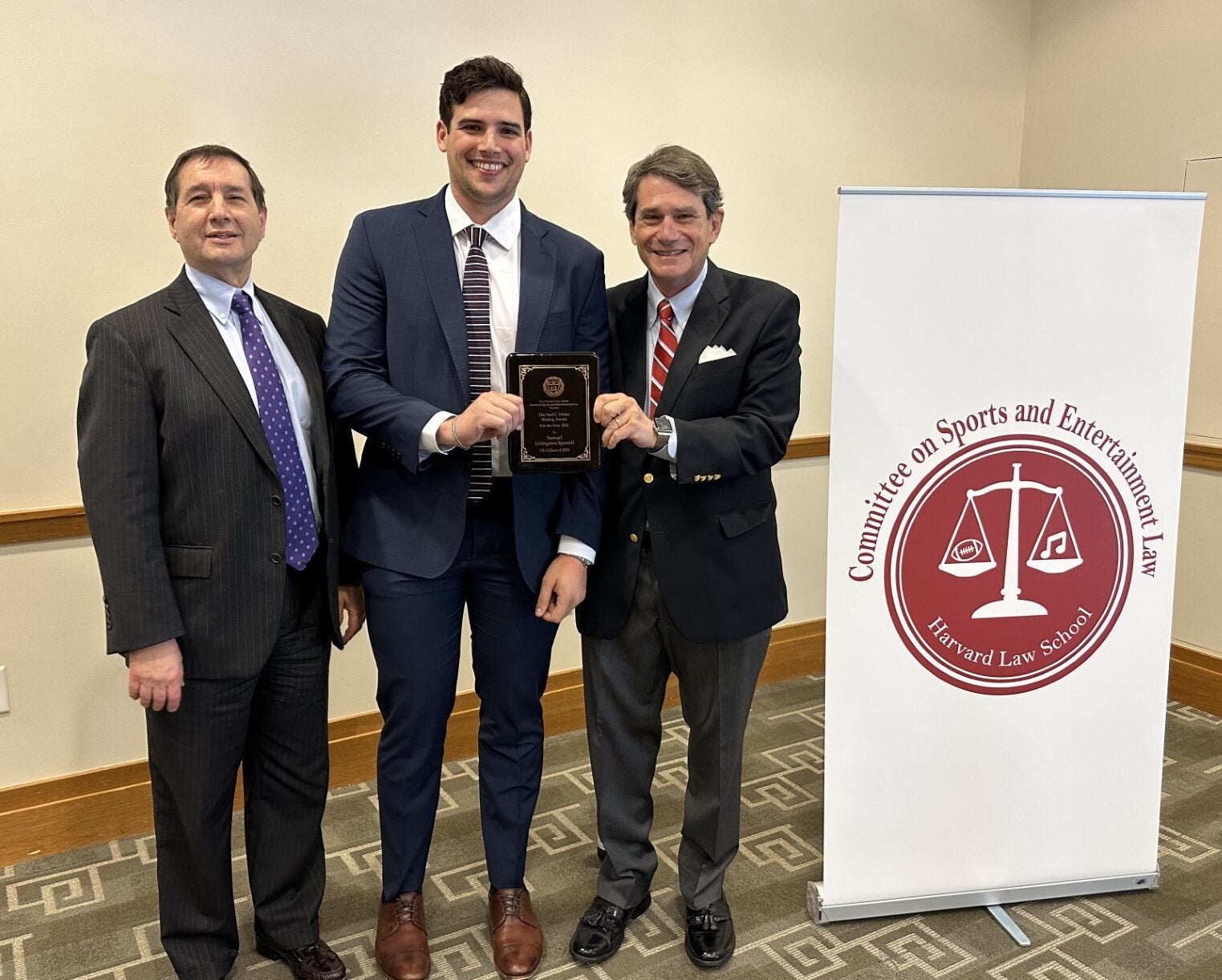
Three students from the Sports Law Clinic received the 2024 Weiler Awards during the annual Harvard Sports Law Symposium.
April 23, 2024
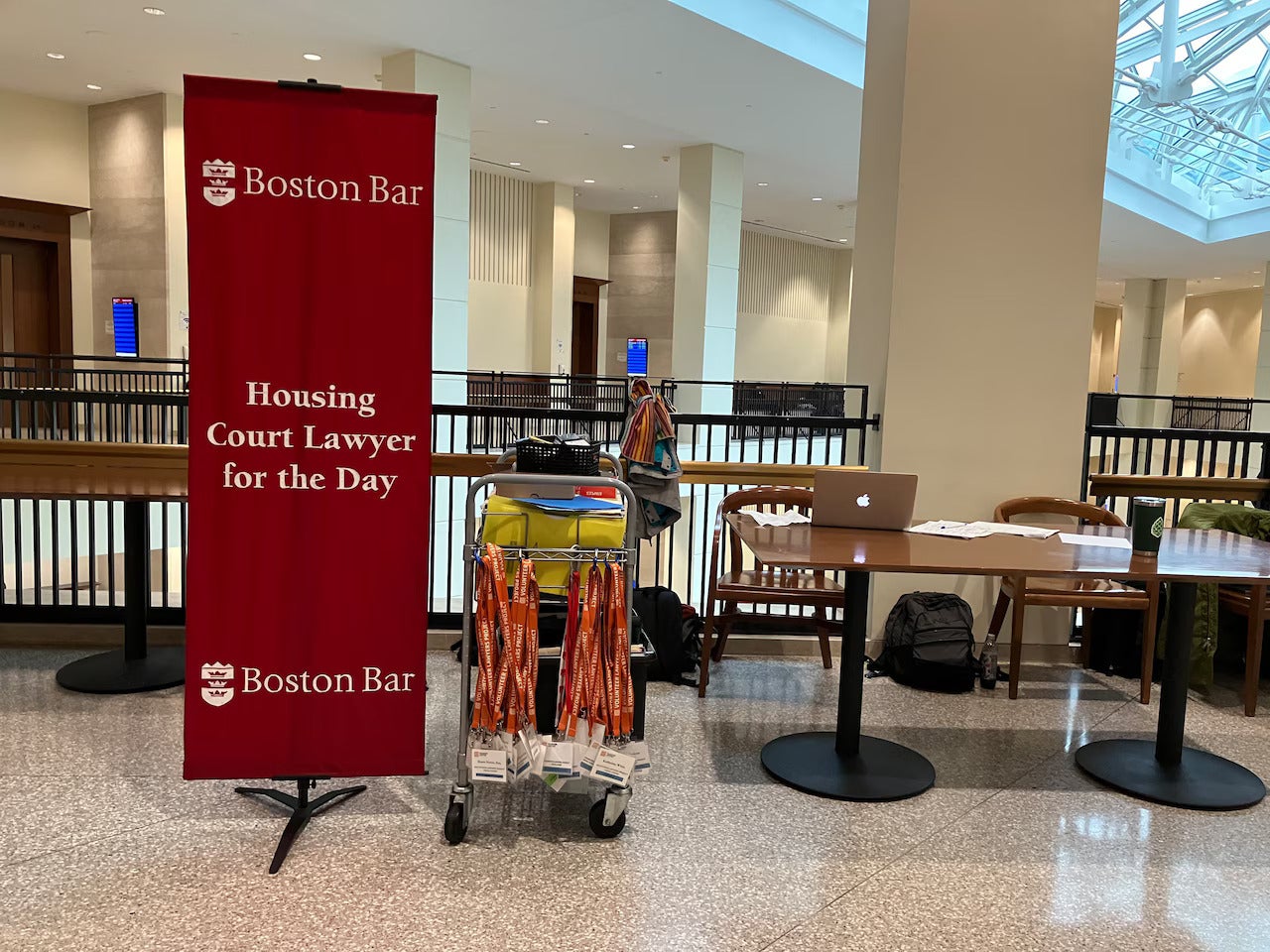
“The way the system is supposed to work is that it’s an adversarial system where both sides have advocates and both sides would therefore have equal bargaining power when they get to the court, but that’s not actually the reality,” Eloise Lawrence, deputy faculty director of the Harvard Legal Aid Bureau.
April 18, 2024

According to students in Harvard Law School’s Tax Litigation Clinic, helping indigent clients resolve their tax problems is as much about social justice as it is about the IRS.
April 16, 2024

"The clinical program has been instrumental in shaping my growth as an environmental law student and future attorney,” says Shashank Vura'24.
April 15, 2024
“The gruesome injuries that leghold and body-gripping traps inflict are difficult to stomach,” says Kira Horowitz, a third-year law student who co-authored the letter. “Even so-called padded leghold traps frequently cause leg fractures, joint dislocations, and even limb amputations in the animals they capture.”
April 12, 2024
